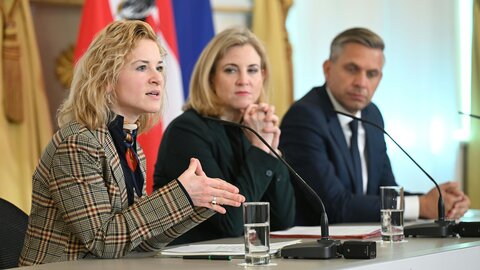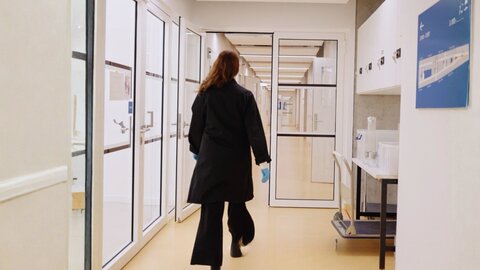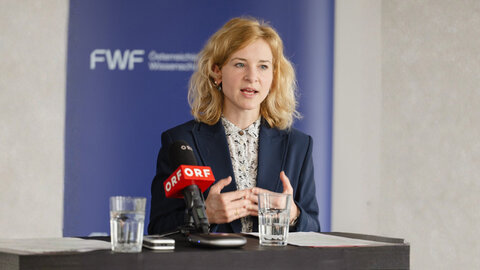Gender Studies on the Rise

The Gabriele Possanner Award has been presented every two years since 1997 to honor the first academic degree granted to a woman by an Austrian university. Possanner received her doctorate in medicine in 1897. This year's award ceremony took place as part of the Day of Gender Studies, which was initiated by the Federal Ministry of Education, Science and Research in 2021. The Day of Gender Studies also featured additional funding awards, a lifetime achievement award, and numerous activities by universities and research institutes to raise awareness for gender studies and the researchers involved in this field.
Relevance of gender studies
Gender studies emerged because historically, research has often been one-sided, concerned only with the history, lives, and bodies of men. For a long time, the male was regarded as a model for the whole of humanity, and this principle also applied to science. In the past, science (especially the natural sciences) has been a male-dominated field, which is why scientific activities - especially in technical fields – are still primarily associated with men. One of the reasons for the underrepresentation of women in science and research is women’s restricted access to educational and research institutions. The sexist prejudices used to legitimize these restrictions still exist in some regions of the world. Sexism, discrimination, and a lack of opportunities for balancing work and family life still contribute to the fact that women are not equally represented in some areas of society and scientific disciplines.
Nobel Prize for feminist economics
Recently, this one-sidedness has shifted in favor of more balanced research that strives to take social reality into consideration. Economist and economic historian Claudia Goldin was awarded this year's Nobel Memorial Prize in Economic Sciences for her research into the role of women in the US labor market over a period of 200 years. Her comprehensive analysis shows, among other things, that economic upturns do not automatically lead to more employment for women and that the gender pay gap is due to differences in the distribution of working hours and discrimination in the workplace. Her research has provided groundbreaking insights in economics and gender studies that are also highly relevant beyond the US context. For example, she was able to prove that “blind auditions” increase the chances of female musicians being hired. With this award, the Nobel Prize Committee emphasizes the importance of gender studies and the need for the inclusion of sex and gender aspects in research.
Gender studies at the FWF
Between 2017 and 2021, the FWF funded a total of 90 projects in the field of gender research, awarding a total of €27.5 million in funding in this field. The FWF also participated in an EU-wide call for gender studies research, GENDER-NET Plus. Five excellent research projects were funded by the FWF as part of this call. All five projects shed light on the gender-specific dimension of overcoming social challenges. The GENDER-NET Plus project as a whole funded a total of 13 research projects in the fields of health and medicine, social sciences, and the humanities.
A requirement to reflect on any gender-specific aspects of research proposals has been integrated into all the FWF’s funding programs since 2019. Accompanying information and materials are also publicly available on the website. The FWF’s programs also include measures for the advancement of women and gender equality, with the aim of increasing the participation of women in FWF projects. Developments are reported annually in the Equal Opportunities Monitoring Report (in German) and serve as a starting point for further improvements. Existing measures are listed in the FWF Gender Equality Plan.





